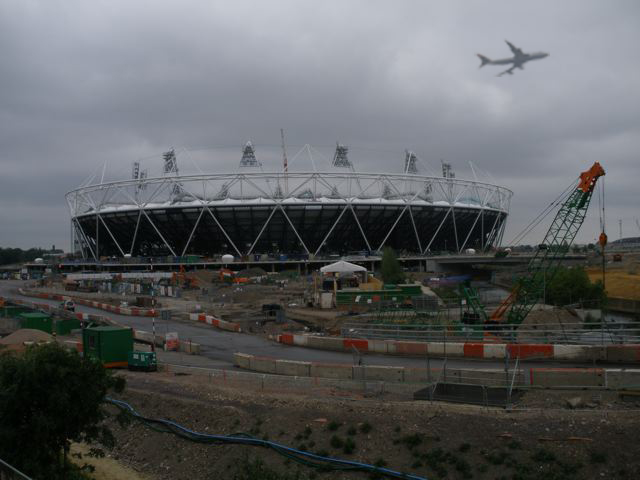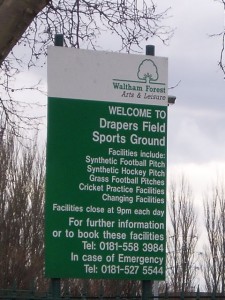Prestige Tickets Ltd has been selling hospitality packages to the equestrian events in Greenwich Park and their specially designed restaurant without having planning permission to build the structure.
Owned by former England rugby player turned sports agent, Mike Burton, and a French company, Soxedo, Prestige Tickets Ltd is the official supplier of “world-class hospitality packages” for the Olympic and Paralympic Games.
Their plan is to build a restaurant seating 500 people in Greenwich Park, consisting of two connected by a glass bridge under which competitors will ride.
On March 29th 2010 the Council granted full planning permission for temporary use of the site for the hosting of the equestrian and modern pentathlon events, including the test events in 2011.
In an email Janice Goldsmith, Assistant Policy Officer at Greenwich Council, said: “The temporary structures include a 23,000 seat arena, training areas, stabling, a cross county course, operational site set up and removal compounds, vehicular and pedestrian access areas, operational parking and ancillary structures. Concessions areas and structures were also included.”
However, this response did not give any information regarding the building for the restaurant, so Spectacle politely responded and asked whether a planning application had been submitted for “a proposed two-towered structure seating up to 500 diners” in the area.
Our first email questioning the planning permission was sent on September 27th 2011. On November 30th, many excuses and nearly two months later, we received an email from Ms Goldsmith saying that “the Council has received a planning application for the structure. The application number is 11/2604/SD.”
A quick search on the Council’s website reveals that this application was made on November 2nd, a long time after we first requested the information and a long time after the tickets went on sale.
If the two towers and glass bridge was included in the first planning permission, why would they then have applied for it again?
The planning application made on November 2nd this year can be found on London Borough of Greenwich Planning Pages.
Click London Olympics for more blogs.
See our Olympics project pages for more information and videos.
Or visit PlanA our general blog on urbanism, planning and architecture.
Spectacle homepage
Befriend Spectacle.Docs on Facebook
Follow SpectacleMedia on Twitter

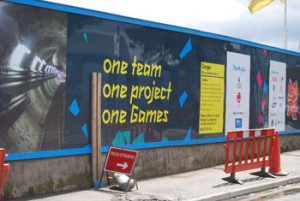
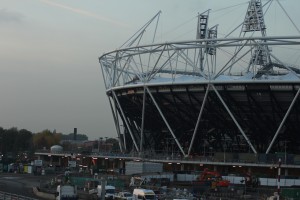
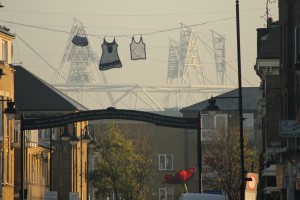
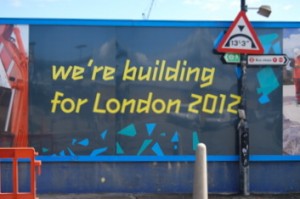
 chief executive Andy Hunt was jubilant that the Con-Lib coalition government had excluded the games from the recent drastic spending cuts.
chief executive Andy Hunt was jubilant that the Con-Lib coalition government had excluded the games from the recent drastic spending cuts.